Great Design Plant: Snowdrops Offer a Spring Peek
http://decor-ideas.org 01/14/2014 03:24 Decor Ideas
Common snowdrop is one of the first bulbs to appear, and it’s blooming now in areas where winters are mild. Over the next few weeks, more will begin appearing in gardens as the days lengthen and the temperatures moderate. These diminutive cold-hardy flowers can be a powerful antidote to winter as they push up through snow and ice, with delicate, nodding flowers that symbolize purity and renewal. While the rest of the garden sleeps, they take center stage.
I love to see them in January or February forming a white mass in the woodland, bursting forth like white froth — and then they go dormant and disappear. They’re perennial bulbs and they naturalize, so once you have them you’ll get more, which is a good thing.
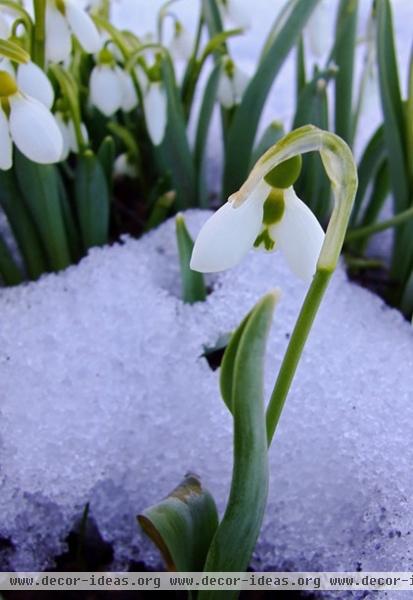
Botanical name: Galanthus nivalis
Common name: Snowdrop
Origin: Native to Europe
Where it will grow: Hardy to -40 degrees Fahrenheit (USDA zones 3 to 8; find your zone)
Water requirement: Medium
Light requirement: Full sun to partial shade
Mature size: 4 to 6 inches tall
Benefits and tolerances: Naturalizes in woodlands; tolerates clay soil; deer and rabbit resistant; low maintenance
Seasonal interest: Early spring
When to plant: Fall
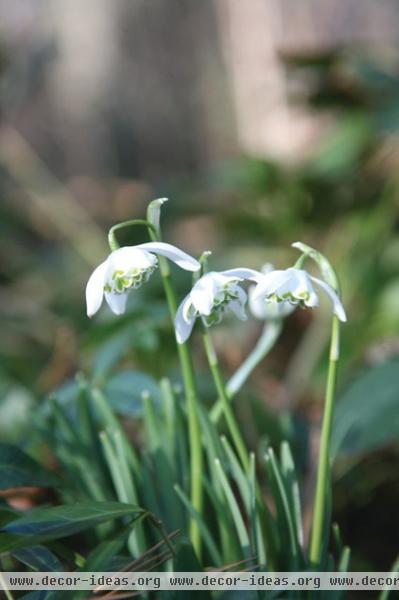
Distinguishing traits. Each bulb produces thin, narrow leaves and a stem that holds a pendulous, nodding flower. Members of the lily family, all snowdrops have white petals, but some species and cultivars have green markings; some flowers are double, like ‘Flore Pleno’ (G. nivalis ‘Flore Pleno’), shown here, which has large petals that are delicately notched.
The genus name Galanthus comes from the Greek: “gala” for “milk” and “anthos” for “flower.”
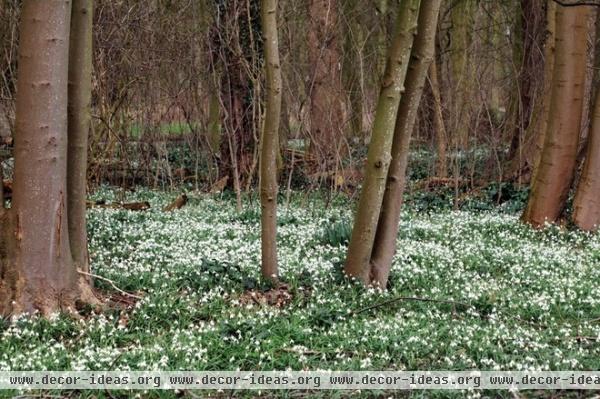
How to use it. Scatter bulbs in a woodland, where they’ll come up through the leaf litter (or snow) and put on a show before the first tinges of green appear on woody plants. The bulbs are small, so they’re easy to put in the ground and install around tree roots. I think they look best planted in groups of 50, 75, 250 or more — and they naturalize and spread over time.
Combine snowdrops with other North American ephemerals that grow in woodland settings and put on a great show in early spring: fringed bleeding heart (Dicentra eximia) and white bloodroot (Sanguinaria canadensis).
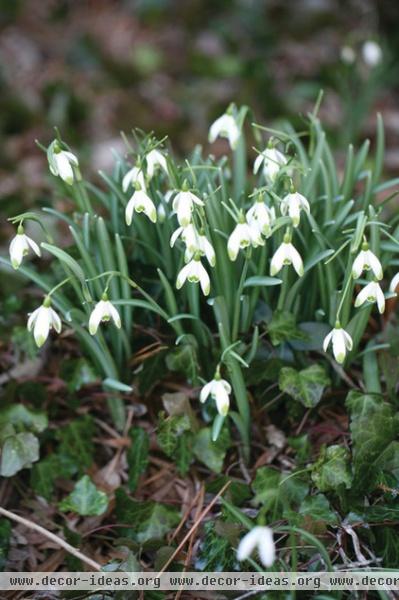
The great English poet William Wordsworth wrote about snowdrops, as did Hans Christian Andersen. England’s famous children’s book author and naturalist Beatrix Potter loved them as well, writing about them in her farm journals from the Lake District, where they bloomed in the harsh, rocky outcroppings around Top Hill Farm.
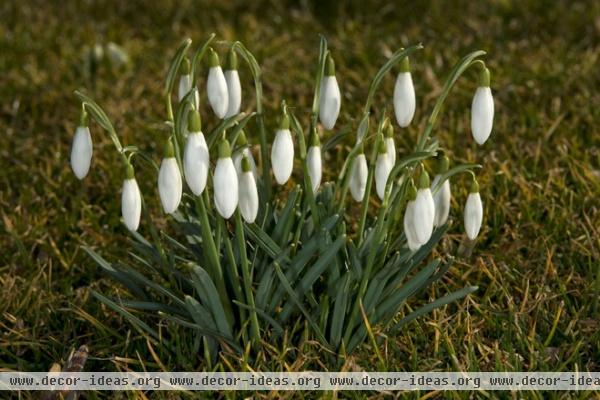
Planting notes. Look for snowdrop bulbs in late summer or early fall at nurseries or browse online suppliers like Brent and Becky’s for a wider selection.
The bulbs are small, so don’t plant them as singles, or they’ll be lost — make a wide, shallow hole and put 15 to 20 bulbs in for a good show, then repeat. Order enough so you have something to cheer you up next year.
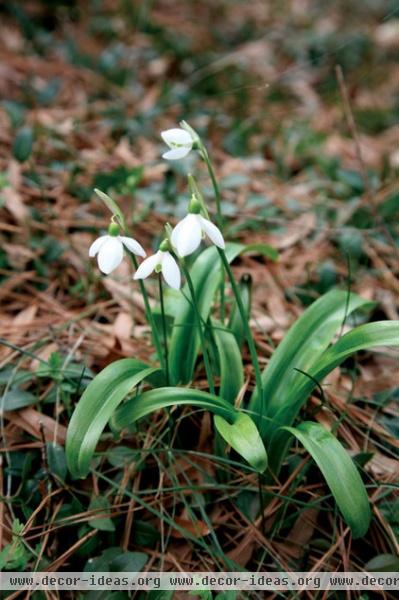
The green snowdrop (G. woronowii) is native to Russia and Turkey and has wide leaves and flowers accented with tiny green dots. This species will also naturalize, so it makes a good choice for partly shaded areas, slopes and edges where you might want seasonal color. Put plants by a path where they can be easily seen, or tuck them near a bench or another focal point.
More: 10 Beautiful Ways to Landscape With Bulbs
Related Articles Recommended












